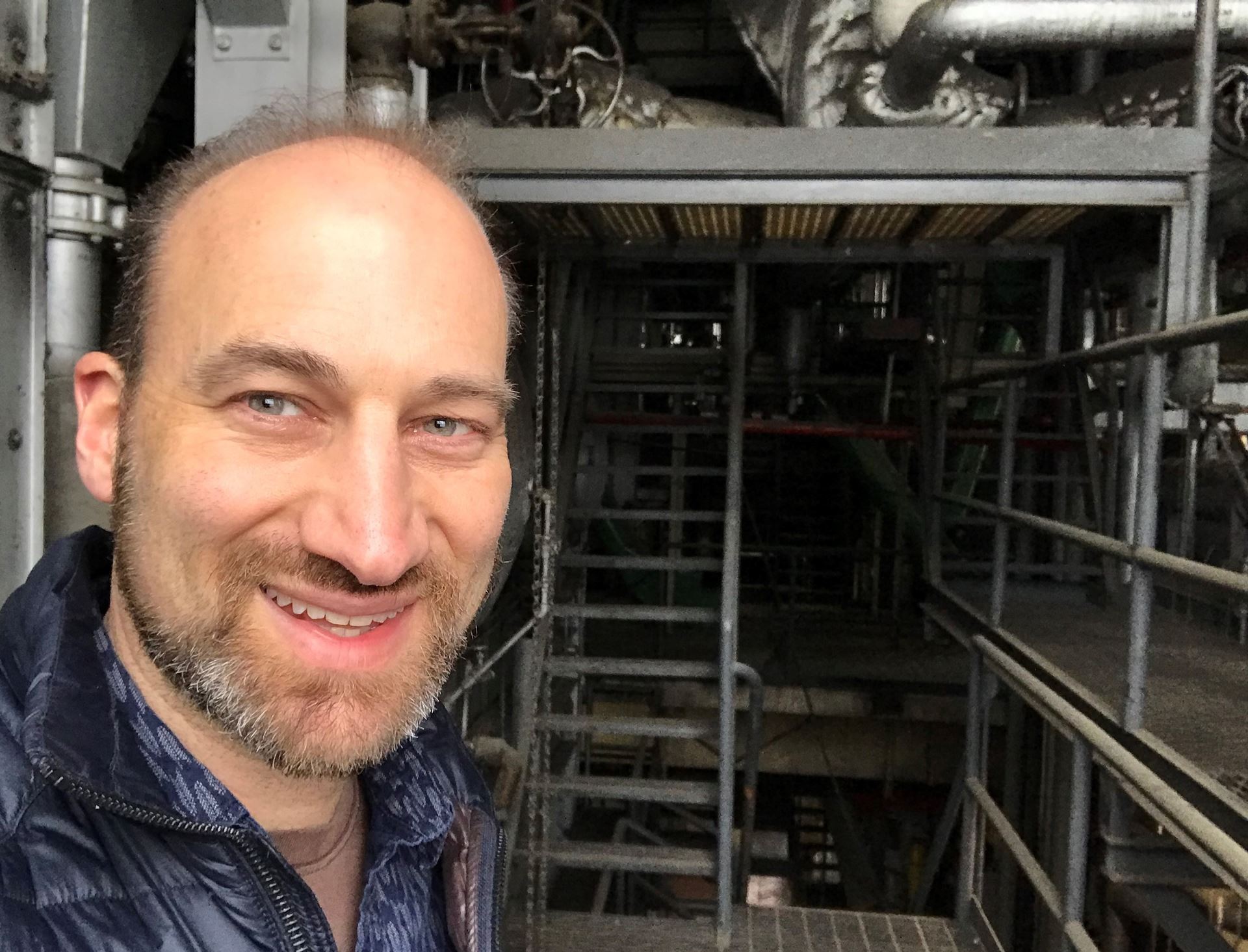 I’ve been interested in the entirety of the built environment for as long as I can remember. But I didn’t know anything about the vernacular until (now outdated) textbooks and exam methods of my undergraduate years attempted to reinforce differences between “high” and “low.” This never made much sense to me, and hardly reflected a more equitable perspective about the world I had learned in my youth. Raised in the public school climate of Berkeley, California in the 1970s and 80s, I remember holding hands with fellow classmates and singing “We Shall Overcome” more than I recall singing the Star-Spangled Banner. But I sang that too: attending major league baseball games and finding myself as intrigued by stadium architecture as much as the games themselves. Nobody told me that I wasn’t supposed to find entertainment- or theme-oriented buildings worthy of critical inquiry. For better or worse, I always thought buildings such as these told fascinating stories about culture, and I have directed much of my research towards them.
I’ve been interested in the entirety of the built environment for as long as I can remember. But I didn’t know anything about the vernacular until (now outdated) textbooks and exam methods of my undergraduate years attempted to reinforce differences between “high” and “low.” This never made much sense to me, and hardly reflected a more equitable perspective about the world I had learned in my youth. Raised in the public school climate of Berkeley, California in the 1970s and 80s, I remember holding hands with fellow classmates and singing “We Shall Overcome” more than I recall singing the Star-Spangled Banner. But I sang that too: attending major league baseball games and finding myself as intrigued by stadium architecture as much as the games themselves. Nobody told me that I wasn’t supposed to find entertainment- or theme-oriented buildings worthy of critical inquiry. For better or worse, I always thought buildings such as these told fascinating stories about culture, and I have directed much of my research towards them.
Affiliation with VAF (I’ve been a board member since 2019 but a member for much longer than that), provides me—all of us—with the institutional gravitas necessary to ensure that my interest in otherwise unorthodox topics or perspectives will find a home. It also reminds me that pulling over to photograph a fast-food restaurant or my images of the view from my hotel window—no matter how mundane—not only will find a curious audience, but one that likely has more of such photos and is analyzing them in critical ways revealing important new insight into issues of race, class, gender, or justice.
I consider myself highly fortunate to have had my passion for this sort of intellectual and physical exploration fostered, encouraged, and questioned by Peter Hales, Bob Bruegmann, and Mitchell Schwarzer during my M.A. program at the University of Illinois at Chicago, by Dell Upton and Paul Groth during my Ph.D. years at U.C. Berkeley, and by old (and new) VAF colleagues far and wide. Lessons from them continue to resonate: maintaining rigor, but never losing the passion for fieldwork, no matter its form. This is especially the case because I’ve spent the last seventeen years teaching at Washington State University in Pullman, Washington: a tiny place nestled into the endless rolling hills of wheat and lentils in the remote, yet striking, setting of the Palouse in eastern Washington. The layered complexity of the region is not immediately evident. But I am eternally grateful to VAF for helping me learn how to read a small rural community and its people—methods that have also helped my students recognize the richness of any place. So long as they are willing to explore.
I’ll admit, though, that my appreciation and understanding of my local community is strengthened by learning about places elsewhere. I can’t wait to join up with you in San Antonio 2021, this time for real (fingers crossed): I know I’m not alone in highlighting the incredible VAF conferences, tours, and guidebooks, which themselves are worth the price of admission. Until then, we’ll continue our efforts remotely. As the chair of VAF’s education committee, I’ll do my best to keep us traveling virtually by moving the guidebooks, along with course syllabi, into the digital sphere. Please don’t hesitate to contact me at jpgruen@wsu.edu if you have a syllabus to share. It is imperative that we continue to raise awareness about what we do.